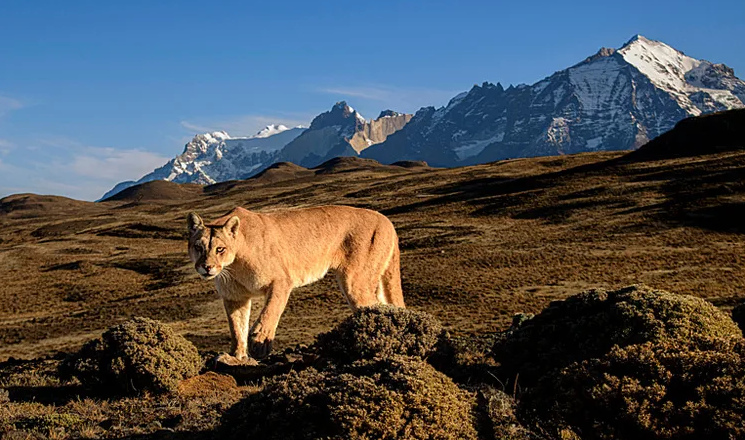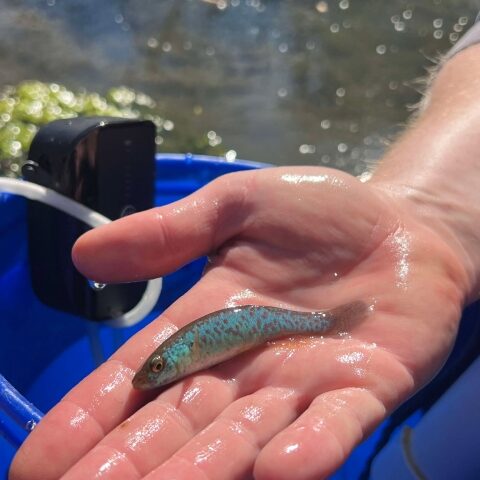The soundscape of wildlife television has shifted. As “The Americas” premiered on BBC, the familiar tones of Sir David Attenborough were absent, replaced by Hollywood’s Tom Hanks. This transition has stirred waters in the nature documentary ecosystem, creating ripples across viewership habitats.
Voice of the Continent
Hanks approached the VO booth with enthusiasm: “When the opportunity arose to be the voice of The Americas, I said: ‘I think I’ve lived for that opportunity.’ I knew that I would be learning an awful lot.” His commitment to the field recording process was evident as he continued, “I wanted to be on the front line. I feel lucky to be a part of this extraordinary project – of capturing something that is so real that it’s irrefutable to anybody who watches it.”
Yet in living rooms across Britain, a migration occurred – viewers reaching for remotes, some abandoning the program entirely. Social media fieldnotes documented the phenomenon: “#TheAmericas Watched 10 minutes, can’t stand Tom Hanks commentary. Makes you realise how good David Attenborough is,” observed one viewer. Another specimen of feedback noted, “I’ve just posted more or less the same thing. I didn’t even realise it was Tom Hanks. Just knew it wasn’t David Attenborough! I’ve turned off as well.”
The comparison to Attenborough’s established vocal territory was particularly pointed in one tweet: “Casting Tom Hanks as the narrator for #TheAmericas instead of David Attenborough is like making Keir Starmer a PM, when you’ve once had a true Brit in Sir Winston Churchill.”
Documenting a Divided Audience
While some viewers expressed disappointment with the narration environment, supporters of Hanks formed their own colony of appreciation. “First episode was stunning, great narration by Tom Hanks. Beautiful work!” claimed one observer. Another viewer cataloged a positive sighting: “Perfectly fine sound on my TV. I thought #TheAmericas was really good, something a little different to normal BBC wildlife programming. The trash pandas were so cute.”
A more evolutionary perspective emerged from another comment: “#TheAmericas is trending because Tom Hanks isn’t Sir David Attenborough. I rather like both these chaps; they seem good people. If they get you interested in the natural world, they did their job. Not many realise that Attenborough is Open University/BBC.”

The Narration Ecosystem
The production DNA behind “The Americas” carries the genetic markers of “Blue Planet” and “Planet Earth” – BBC’s flagship wildlife series that set the high-definition standard for cinematic nature documentation. The series was produced by the same team behind acclaimed nature documentaries, focusing on capturing the diverse wildlife across the American continents.
Yet amidst this technical achievement, the VO booth selection created the most visible disturbance in the documentary food chain.
At 97, Attenborough has naturally reduced his field time, while maintaining his narrative dominance on select projects. His distinctive received pronunciation has become the auditory signature of British natural history programming, with vocal ranges calibrated to scientific precision and emotional impact.
Hanks brings a different vocal taxonomy to the genre. His previous narration work includes the IMAX documentary “Magnificent Desolation: Walking on the Moon” (2005) and HBO’s “Band of Brothers” (2001) – establishing credentials in the documentary realm but with different subject species entirely.
Migration Patterns of Audience Behavior
Social media reactions were mixed following the premiere, with numerous comments posted about Hanks’ narration versus Attenborough’s familiar style.
While “Planet Earth II” (2016) secured 12.26 million UK viewers during its peak migration season, viewership numbers for “The Americas” remain undisclosed by the BBC, creating a data gap in comparative analysis.
The audience response suggests many viewers have developed a strong association with Attenborough’s distinctive narration style over his long broadcasting career, making the transition to a new voice challenging for some viewers.
Similar Posts
Adaptation in a Changing Climate
The selection of Hanks represents a departure from the BBC’s traditional narrator choices, potentially reflecting an effort to appeal to different audience demographics, particularly in international markets.
The environmental conditions of media consumption continue to evolve, with younger viewers increasingly habituated to American vocal delivery in documentary formats. Whether this selection represents a successful adaptation or an evolutionary dead-end remains under observation as the series continues its broadcast migration through the television season.
For some viewers, the wildlife content itself remains the highlight, with one commenter specifically mentioning enjoying scenes featuring raccoons (described as “trash pandas”).
As “The Americas” continues its broadcast migration through the spring season, this natural experiment in narrator selection offers a fascinating glimpse into the complex relationship between auditory expectations and visual content in nature documentary consumption. The biodiversity of nature programming continues to evolve, with viewer selection pressure determining which adaptations will establish themselves in this rapidly changing media ecosystem.



















